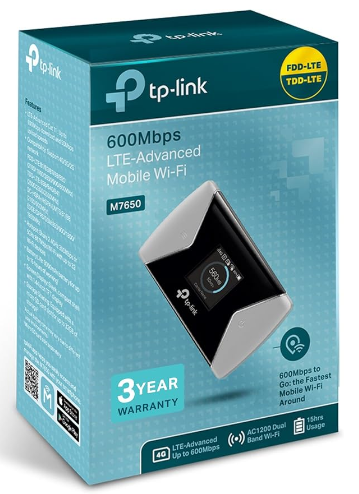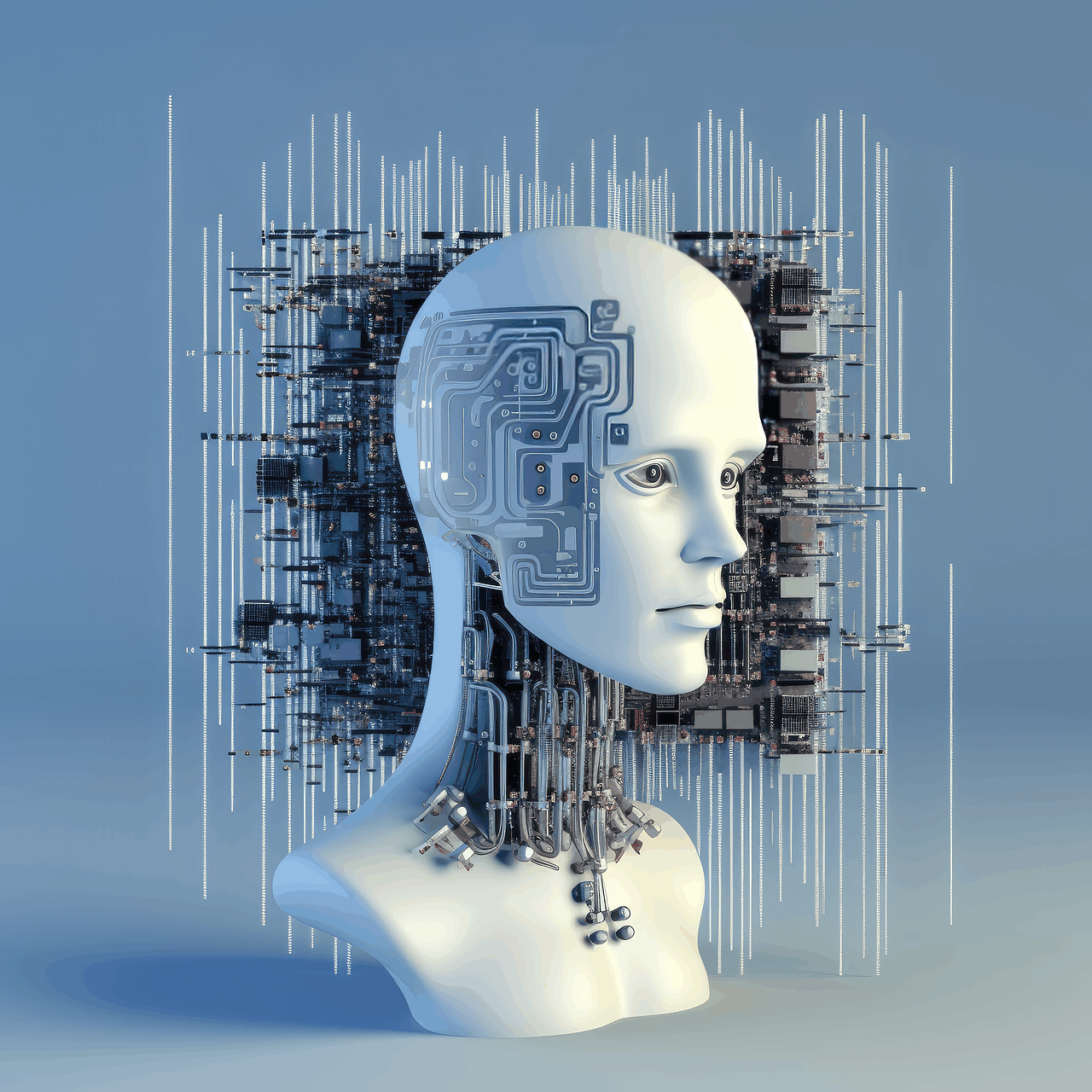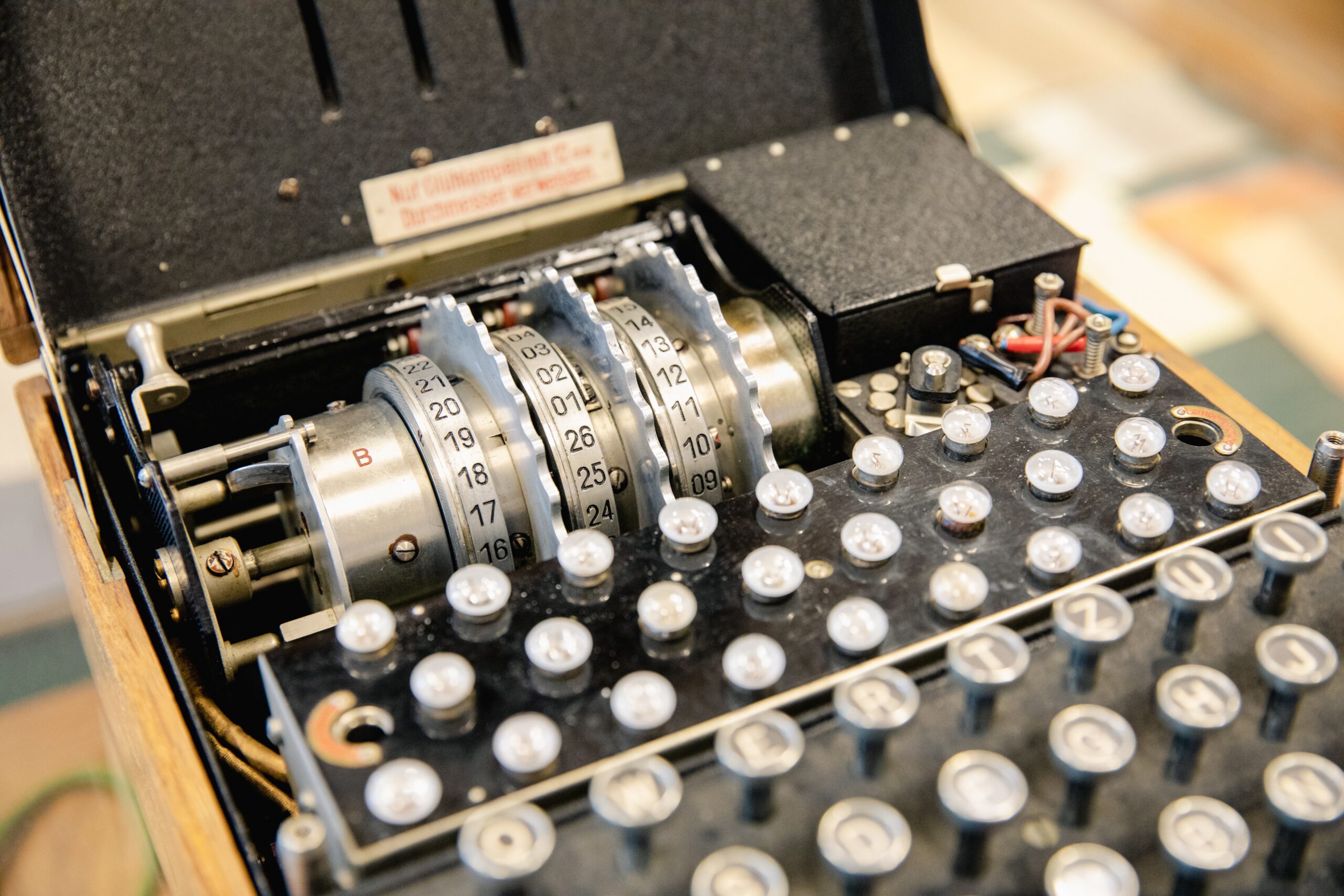Hi there! It’s great to be here once again, sharing some exciting insights on the latest technology trends that are shaping our world. Today, I want to talk about a topic that has been making headlines recently: AI-generated deepfake.
What Is AI-Generated Deepfake
So, what exactly is an AI-generated deepfake? A deepfake is an artificially created video or audio content that appears to show someone saying or doing something that they never actually did; these creations are incredibly realistic and sometimes funny videos. These deepfakes are created using a mixture of artificial intelligence and deep learning algorithms.
Process Of Creating a Deepfake
The process of generating a deepfake begins with collecting a large dataset of images or videos of the individual targeted. These materials are then fed into a deep learning model, usually based on an artificial neural network, which learns the person’s facial expressions, voice, and mannerisms. Once the algorithm has learned to identify the person’s unique features and nuances, it generates a realistic imitation of their face and voice.
Deepfake Misuse
Now, you might well be wondering, why have deepfakes gained so much attention lately? Well, the truth is that while deepfake technology can be used for harmless entertainment purposes, it also carries significant risks.
Misinformation and trickery are among the most pressing concerns, the likelihood for misuse is significant. Responsible social media platforms, are implementing strict policies and using advanced algorithms to detect and remove deepfake content. Education and awareness also play a crucial role in combating deepfake misuse, if creators do not have an audience, they will be disinclined to create deepfake media. Also, by understanding the techniques used to create deepfakes, individuals can become more discerning viewers and not fall prey to deception.

Deepfake Detection Apps
Fortunately, with the rising concern over deepfakes, researchers and technology developers have been working on solutions to detect and combat these fake creations. Tools like this app can help identify and flag potential deepfakes.
Deepfake detection apps are specialized software applications designed to identify and combat the spread of deepfake content. They work by analysing various aspects of a video, including facial movements, voice patterns, and inconsistencies in visual alignment. These apps use cutting-edge algorithms and machine learning to flag potential deepfake content, giving users the ability to separate fiction from reality.
Now, you may be wondering, who needs deepfake detection apps? Well, the answer is simple – anyone who values truth, authenticity, and privacy. Professionals in fields such as journalism, politics, and entertainment can greatly benefit from these apps. Journalists can verify the authenticity of videos and prevent the spread of fake news. Politicians can protect their reputation by ensuring that any videos circulated in their name are genuine. And entertainers can safeguard against unauthorized use of their image or voice.
Tips To Spot Deepfakes
So, how can we spot a deepfake? While it’s becoming increasingly difficult as the technology improves, there are a few telltale signs we can look out for:
- Blurred edges,
- mismatched proportions,
- unnatural movements
can all be signs of a deepfake.
By educating ourselves and staying informed about the evolving nature of deepfake technology, we can become better equipped to protect ourselves from the potential harms it may bring.
Are Deepfakes Illegal?
First and foremost, it’s important to note that not all deepfakes are illegal. Like any tool, the intent behind its usage determines its legality. Deepfakes can be employed for various purposes, ranging from artistic expression to satirical commentary. However, their illicit applications raise serious concerns.
Now, you might be wondering, “Are there any laws specifically targeting deepfakes?” The answer, it depends on the jurisdiction. At present, there is no specific global legislation that directly addresses deepfakes. However, existing laws can be applied to tackle the issues arising from their misuse.
Legality Of Deepfakes
Let’s explore a few legal frameworks across different jurisdictions. In the United States, for instance, deepfakes could potentially violate laws such as defamation, privacy, or copyright. Lawsuits have already been filed against individuals who have exploited deepfake technology to harm others. These legal actions signal a growing recognition of the risks deepfakes pose.
In Europe, the General Data Protection Regulation (GDPR) indirectly covers deepfakes, as they involve privacy concerns and the right to control one’s image. Similarly, countries like Australia and Canada have laws encompassing privacy, defamation, and copyright that can be applied to combat deepfake-related offenses.
However, despite these legal measures, detection and enforcement present significant challenges. The speed with which deepfake technology advances often outpaces regulatory responses. This poses a pressing need for collaboration between policymakers, tech companies, and society as a whole.
What does the future hold?
As technology evolves, lawmakers are beginning to grapple with the unique challenges posed by deepfakes. Some propose introducing legislation specifically tailored to combat deepfake threats. Additionally, researchers are developing advanced detection methods to identify deepfakes more swiftly and accurately.
What can the ordinary person in the street do?
So, what can we do as individuals to address this issue?
- We need to educate ourselves and raise awareness about the risks associated with deepfakes.
- By understanding the consequences, we can be more cautious consumers of digital content and avoid unknowingly spreading misinformation.
- As AI-generated deepfakes continue to evolve, it becomes increasingly necessary for us to be critical thinkers and media-savvy individuals.
- Let’s remember the importance of verifying information, questioning sources
In conclusion, like other tools Deepfakes can be used for good but also have the potential, in the wrong hands, to spread misinformation, influence and manipulate public opinion, and even tarnish someone’s reputation. They have become a major concern in various industries, posing significant threats not only to security, but to jobs; individuals’ privacy; and reputation.
In this digital age, it is great to be curious, yet crucial to be very vigilant when consuming media. Together, we can become a more resilient society! Stay connected, take care until next time!









I appreciate your in-depth exploration of the technical aspects behind deepfakes and the potential consequences they pose to our society. The level of sophistication AI can achieve in mimicking human faces and voices is astounding, and it’s crucial for people to be aware of the existence and potential dangers of such manipulative content.
Your emphasis on the ethical considerations surrounding deepfakes couldn’t be more relevant. The implications for misinformation, privacy breaches, and even cyber threats are all too real. As we witness the increasing sophistication of AI algorithms, addressing the potential misuse of deepfakes becomes a pressing issue for tech companies, policymakers, and society as a whole.
I believe it’s essential for us to educate ourselves and stay vigilant against the risks posed by this technology. Perhaps incorporating AI-based detection mechanisms or watermarking techniques into social media platforms and other content-sharing channels can be a step forward in mitigating the spread of malicious deepfakes.
Thank you for your comment Dave, I recently read an article on AI watermarking chatbots which I found interesting.
https://www.technologyreview.c…
I’m so glad to have come across this, because AI has been on my mind a lot, lately. For one thing, I’ve just begun integrating it into my life in different ways. For quite some time, I’ve been concerned about the negative uses it will undoubtedly be used for – deepfakes being one of the most worrisome. My philosophy is that we have to find good uses for AI or we will essentially be leaving it entirely in the hands of the bad guys to do with as they see fit. If the entertainment world can use it to “bring back” actors who maybe passed away before they were able to finish a movie, like Bruce Lee or Carrie Fisher, then that’s clearly a positive application of AI. I’m guessing there’s probably some uses in there for reconstructing crime scenes or helping to identify suspects, so I’m of the opinion that we still need it. But we also need to be prepared for its potential misuses, because it’s only a matter of time.
Thanks for your comment Mark. I totally agree with you, we should be using this amazing tech to help improve and make our lives more enjoyable.